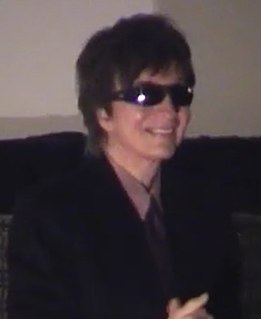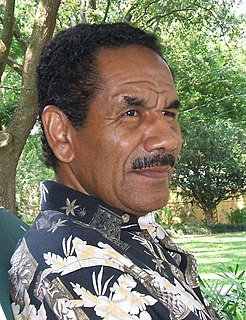A Quote by Chris Pavone
Writing is a solitary occupation; we don't really have any colleagues.
Quote Topics
Related Quotes
Writing fiction is a solitary occupation but not really a lonely one. The writer's head is mobbed with characters, images and language, making the creative process something like eavesdropping at a party for which you've had the fun of drawing up the guest list. Loneliness usually doesn't set in until the work is finished, and all the partygoers and their imagined universe have disappeared.
Solitary confinement has been used extensively, it always has. I was in prison for 44 years; it was a normal part of life - the practice of it. They put you in solitary confinement for disciplinary reasons, they put you in solitary confinement to protect you from violence or whatever, and they also put you in solitary confinement just to show you who has got the power ... It's not something new; it's just something that nobody really cared about in the past.





































